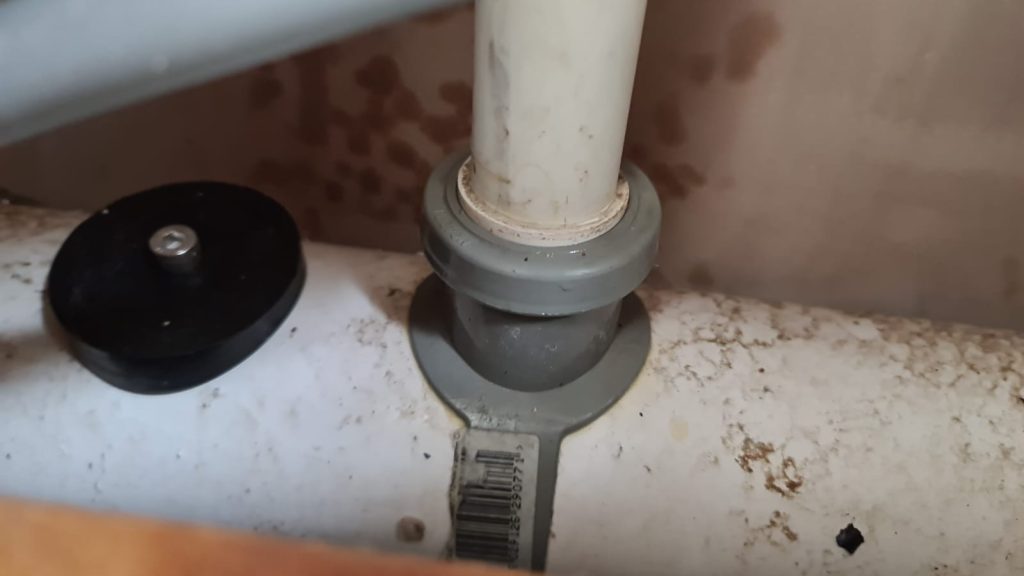Unveiling the Menace of Fatbergs: The Hidden Threat in Drains
Fatbergs may sound like something out of a horror movie, but they are a very real and growing problem in our modern world. These monstrous accumulations of fat, oil, grease, and other debris are clogging up our drains and sewers, causing havoc in our cities. In this page, Blocked Drain Bristol will delve into the world of fatbergs, exploring what they are, how they form, and what you can do to prevent them from wreaking havoc on your local sewage system.
Understanding Fatbergs

What Are Fatbergs?
Let’s start with the basics. Fatbergs are colossal clumps of congealed fat, oil, grease, and various non-biodegradable items that find their way into our drains and sewers. They often contain items like wet wipes, diapers, and even discarded cooking oil.
How Do Fatbergs Form?
Fatbergs form when fats, oils, and grease (commonly referred to as FOG) are poured down sinks or flushed down toilets. These substances mix with non-biodegradable items, gradually accumulating and solidifying into a massive blockage.
The Consequences of Fatberg Growth
As fatbergs grow, they can block sewage systems, causing overflows, backups, and environmental contamination. They are notorious for causing sewer pipe damage and are costly to remove.
The Culprits Behind Fatberg Formation
Greasy Dilemma
Restaurants and households alike are major contributors to fatberg formation. Improper disposal of cooking oil and grease down the drain is a common practice that exacerbates the problem.
Flushable Fallacy
The misconception that wet wipes are flushable is a significant issue. These wipes do not disintegrate like toilet paper and can contribute to fatberg growth.
Preventing Fatberg Formation
Proper Disposal of FOG
To prevent fatbergs, it’s crucial to dispose of fats, oils, and grease correctly. Use designated containers for disposal or recycling programs provided by your local municipality.
Educating the Public
Public awareness campaigns can play a significant role in preventing fatberg formation. Informing people about the consequences of improper disposal can lead to more responsible habits.
Fatbergs are a growing menace in our sewage systems, causing damage and environmental harm. Understanding what they are and how they form is the first step in preventing their growth. By disposing of fats, oils, and grease properly and promoting responsible habits, we can collectively combat the fatberg problem and keep our drains flowing smoothly.
FAQs
FAQ 1: Can fatbergs really cause significant damage?
Yes, fatbergs can block sewage systems, leading to overflows, property damage, and environmental contamination.
FAQ 2: What should I do with used cooking oil and grease?
Dispose of cooking oil and grease in designated containers provided by your local waste management program.
FAQ 3: Are wet wipes truly unflushable?
Yes, wet wipes do not break down like toilet paper and can contribute to fatberg formation.
FAQ 4: How can I raise awareness about fatbergs in my community?
Consider organizing awareness campaigns, sharing information on social media, or contacting local authorities to promote responsible disposal practices.
FAQ 5: Is there a way to remove fatbergs once they form?
Yes, but it’s a costly and time-consuming process. Blocked Drain Bristol drain unblocking team can help you with that, but it’s far more effective to prevent their formation in the first place through responsible disposal practices.
By taking small steps to prevent fatberg formation, we can collectively make a big difference in the health of our sewage systems and the environment. Don’t let fatbergs become a hidden threat in your community.